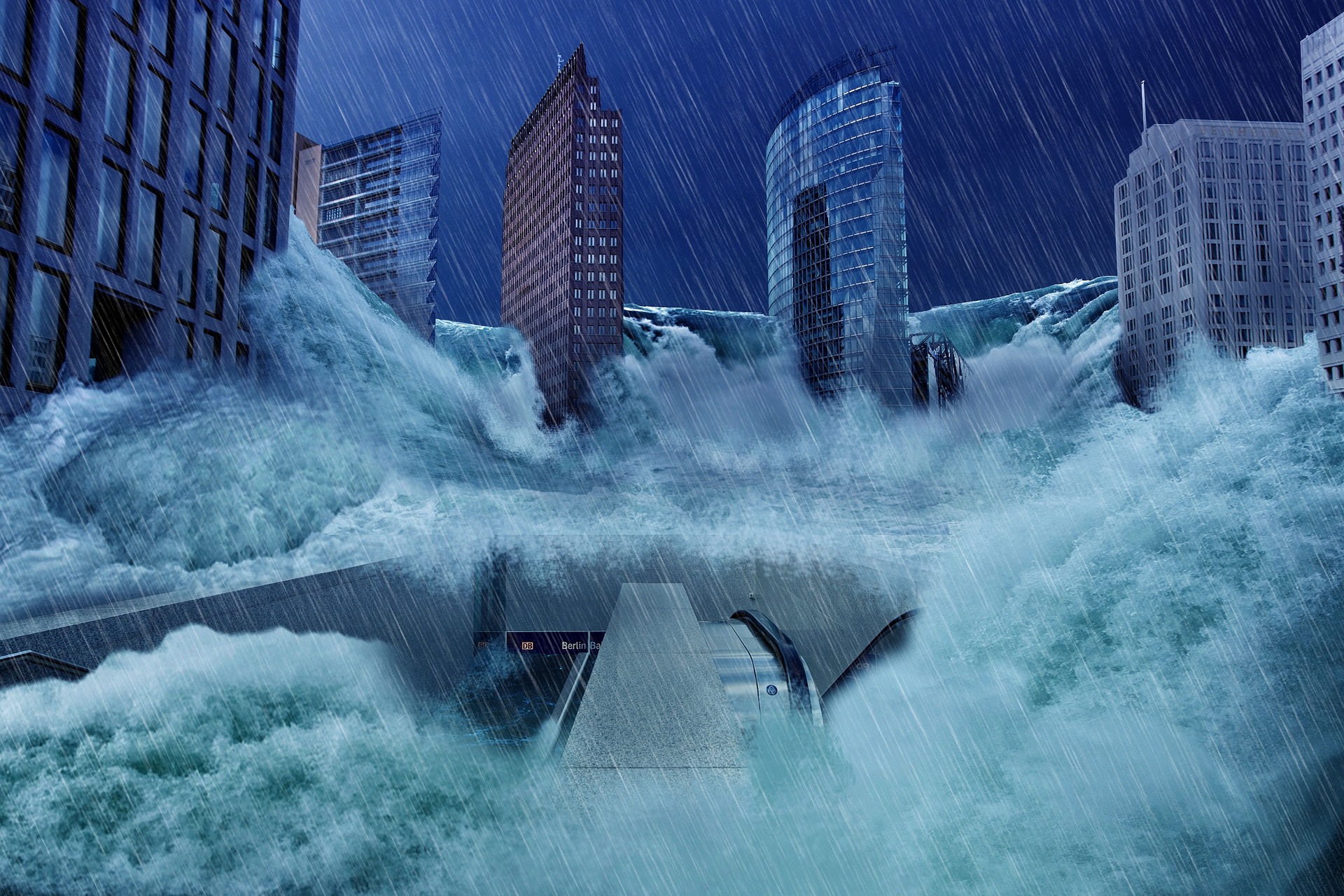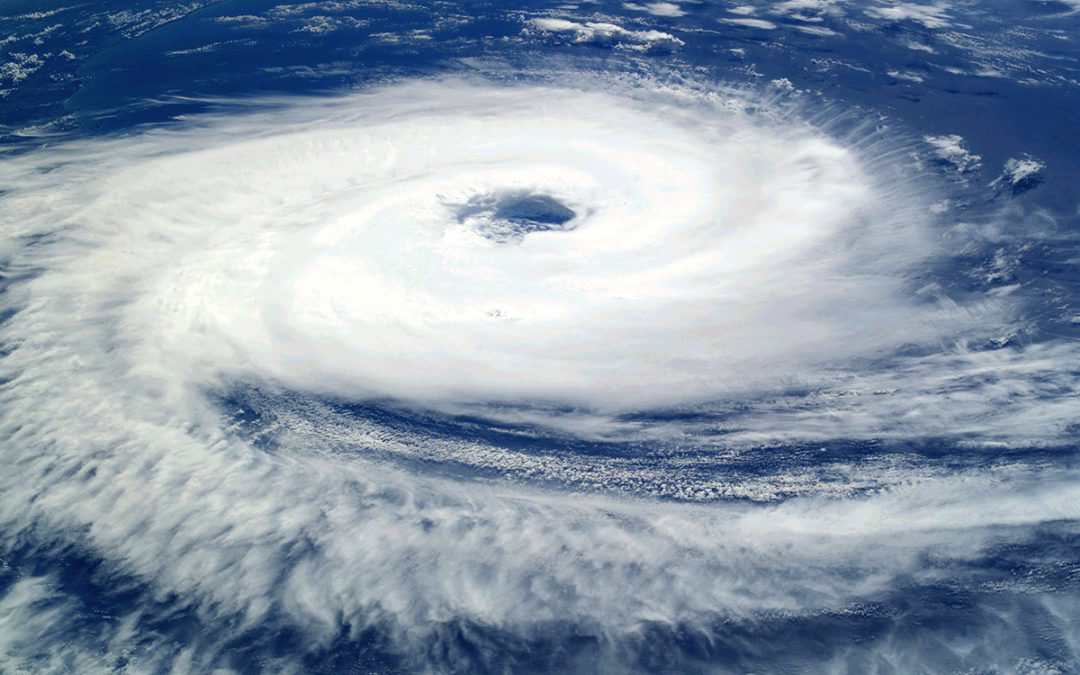Guest Post: by Jeff Flanagan
Businesses spend so much time worrying about what they can change that they often don’t think about how they’ll deal with what they can’t change. For instance, although most businesses are deeply concerned about taking the steps they need to protect their data from cybercriminals, they may be less aware of the threat natural disasters pose to their sensitive information. If a hurricane or earthquake disrupts the power supply to your company’s servers, what will that mean for you and your customers? If roads around your distribution center suddenly are impassable due to wildfires or floods, what alternatives will you have for maintaining your supply chain? These are questions of which businesses may be vaguely aware, but not every business spends enough time thinking about how it would answer them.
Natural disasters can strike practically anywhere in the world. No matter what form they take, they can cause severe disruptions to the vital infrastructures businesses depend on to do their jobs. Whether these disasters interrupt electricity or other utilities, shut down major transportation routes, prevent employees from coming into work, or any other type of impact, businesses need to prepare  themselves for the consequences of natural disasters and have a plan in place for any eventuality.
themselves for the consequences of natural disasters and have a plan in place for any eventuality.
For instance, storms and other natural disasters can knock out communications capabilities — making it difficult if not impossible for employers to know whether or not their employees are safe or able to return to work. Businesses need to think about how they will communicate with employees, clients and customers in the event of a catastrophic disruption to their local communication grid. In the event that a natural disaster makes it impossible for a business to access important data housed on its servers, it needs to find an alternative such as storing data on the cloud or keeping up-to-date backups in another location. A business’s natural disaster preparedness plan needs to consider more than how to evacuate employees out of the building or what type of emergency supplies need to be stocked in the office. Having a solid plan will make it much less likely that a natural disaster will result in large-scale losses for your business.
For all of these tips and more, the guide below contains some of the most significant ways natural disasters can impact businesses as well as some tips businesses can follow to protect themselves.
[Scroll inside guide to see more …]
Created by Precision Software
Author bio: Jeff Flanagan is Senior Solution Consultant for Precision Software, a trusted leader in global trade and transportation execution. He has been in the supply chain execution industry for 35 years in support, implementation, project management and sales consulting.


